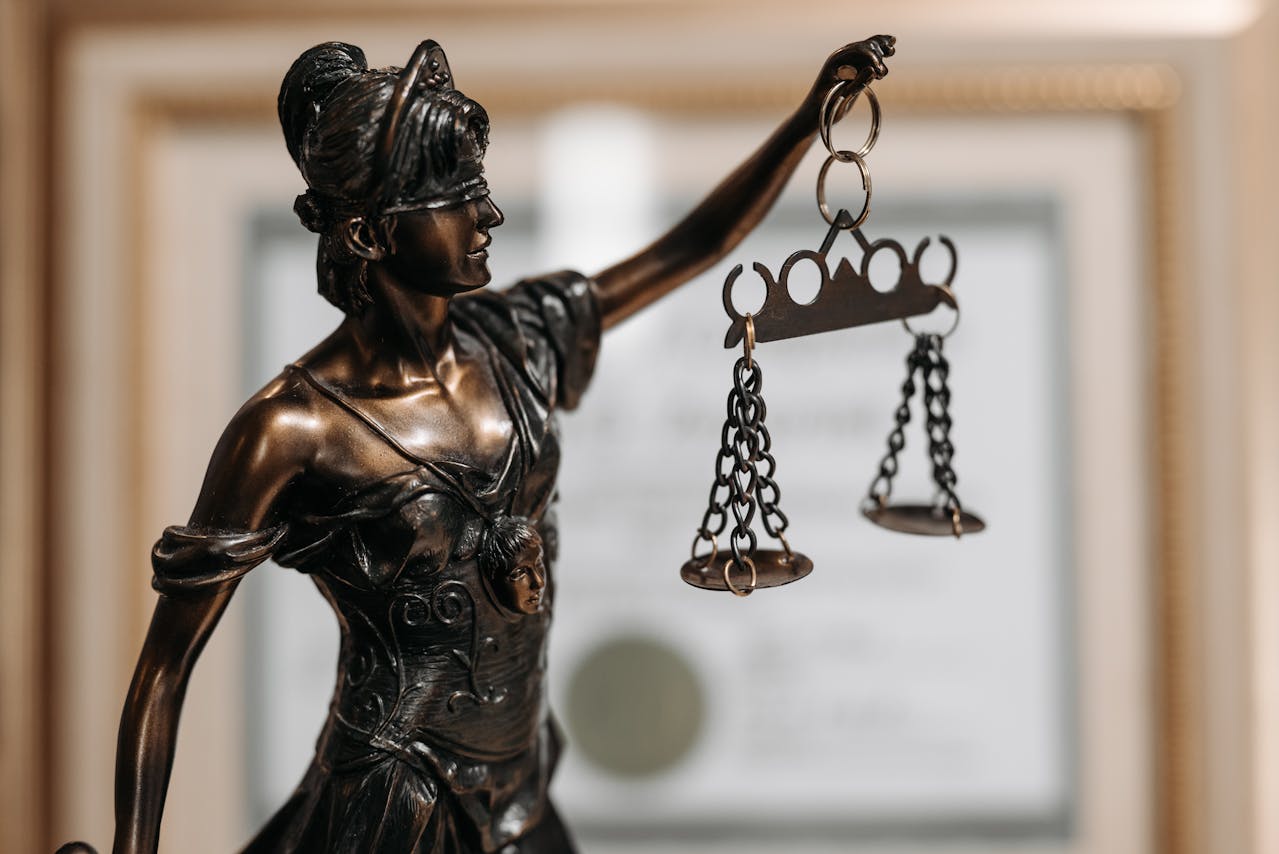Paul, Weiss, Rifkind, Wharton & Garrison LLP, one of the most prominent U.S. law firms, is facing fallout from a recent executive order issued by President Donald Trump. On March 14, 2025, Trump signed an order targeting the firm, citing concerns over its political affiliations and internal diversity policies. The order suspended security clearances held by Paul Weiss lawyers and restricted their access to government offices and personnel, a move that has sparked significant controversy in legal and political circles.
In response to the executive order, Steven Schwartz, the former chief legal officer of Cognizant Technology Solutions Corp, terminated Paul Weiss as his defense counsel in a federal bribery case in New Jersey. Schwartz cited concerns that continuing to work with the firm could negatively impact his legal defense, particularly in securing favorable treatment from government agencies. His decision highlights the growing challenges law firms may face as they become entangled in political battles.
This development is part of a broader effort by the Trump administration to scrutinize major law firms, particularly over their diversity, equity, and inclusion (DEI) practices. The U.S. Equal Employment Opportunity Commission (EEOC) recently sent letters to 20 leading law firms, including Paul Weiss, investigating whether their DEI programs violate federal civil-rights laws. Critics argue that these investigations are politically motivated attempts to dismantle diversity initiatives, while supporters claim they are necessary to ensure compliance with anti-discrimination laws.
The targeting of Paul Weiss raises concerns about the broader implications for the legal industry. Many firms now find themselves navigating an increasingly politicized landscape, where affiliations and internal policies could influence their ability to represent clients effectively. As legal battles unfold, firms like Paul Weiss will need to determine how to balance their professional obligations with the shifting political climate.
The situation underscores a growing intersection between law, politics, and corporate governance. As the Trump administration continues to exert pressure on firms with perceived ideological leanings, the legal industry may be forced to rethink its approach to advocacy, client representation, and internal policies to avoid government intervention.


